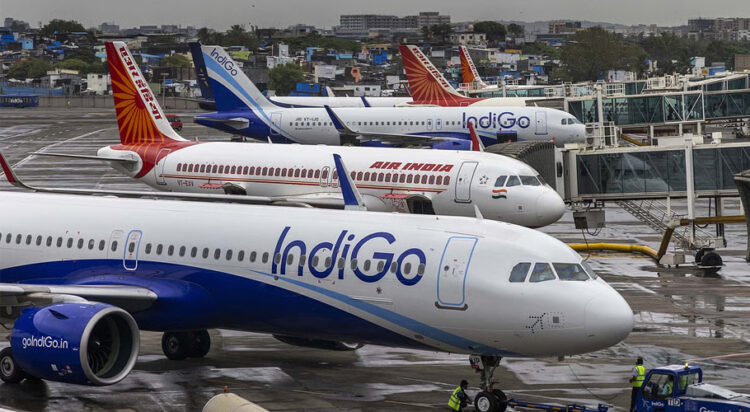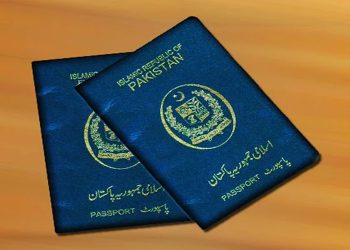Pakistan has decided to extend the closure of its airspace for Indian flights for another month. This decision comes in the aftermath of India’s aggression and military operations, which are seen as acts of war hysteria.
According to a report by Geo News on Wednesday, following the Pahalgam attack, Pakistan had initially closed its airspace to Indian flights on April 24 for one month amid heightened tensions between the two countries.
Due to the closure of Pakistani airspace, Indian airlines have suffered losses exceeding Rs800 crore in just one month. Now, a decision has been made to extend the ban further, with an official announcement expected today or tomorrow, after which a NOTAM (Notice to Airmen) will be issued.
If the restriction continues and the Indian government fails to provide special assistance as demanded by the airlines, the airlines may have to make extraordinary and significant decisions to keep operations running.
Sources say that Indian airlines have suffered a fuel-related blow of approximately Rs500 crore, while the estimated cost of stopovers over 30 days is Rs3 billion. According to experts, a Boeing 777 consumes 6,668 kg of fuel per hour, and an Airbus A319, 320, or 321 uses an average of 2,400 kg of fuel per hour.
The average price of one kilogram of jet fuel is $0.82, and the current cost of 6,668 kg of jet fuel in India is $5,467. For Boeing 777 or 787 aircraft flying an extra 75 hours daily, the added fuel cost amounts to $410,000 per day. Similarly, for Airbus A319, 320, or 321, the additional hourly fuel cost is $1,968, and for 75 hours of extra daily flights, the added expense is $147,000.
Indian airline flights are having to fly an additional 2 to 4 hours, and in calculations here, 150 hours have been considered. For flights to and from the US, Canada, Europe, the UK, and other countries, 75 Boeing and 75 Airbus aircraft flying two extra hours daily consume additional fuel worth $557,625.
The additional fuel costs for Air India and other Indian airlines amount to Rs5 billion. Due to longer routes, Indian flight crews have to be changed at transit airports due to duty time limits. Additionally, costs for double landings, refueling, and airport charges run into millions of dollars daily, with the estimated 30-day expense being between Rs2.5 and Rs3 billion.
Air India has been the most affected by the airspace closure and has already requested aid from the government. In addition, flights of Akasa Air, SpiceJet, IndiGo Air, and Air India Express have also been partially affected by Pakistan’s airspace closure.

































